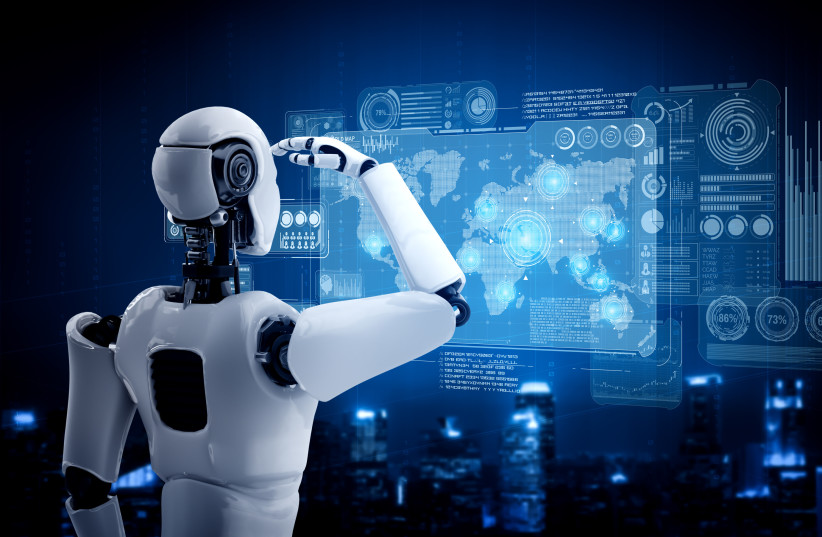
Artificial intelligence is among the most transformative technologies of our time, enabling vast information analysis to improve decision-making across sectors. In Israel, AI is emerging as an engine of growth and innovation. However, while its rising electricity demand is widely discussed, its potential to revolutionize the energy sector receives far less attention.
According to the International Energy Agency, data centers supporting AI account for roughly 1% of the global electricity demand and 2-4% in major economies like the United States, China, and the European Union. These facilities, essential for AI operations, such as training models and running cloud-based services, cluster together, increasing local energy demand.
In Israel, data centers operated by companies like Microsoft, Google, and Amazon currently consume 1.5% of the nation’s electricity, a figure projected to rise to 6% by 2030.
This creates significant challenges for energy planners, highlighting the need for innovative strategies to address localized energy challenges effectively. These challenges, coupled with the growing adoption of solar panels, electric vehicles, and ongoing construction, are straining Israel’s already stressed power grid, requiring substantial investments in capacity expansion.
Paradoxically, while AI infrastructure drives up energy demand, its potential to optimize and transform the power sector remains underutilized. AI offers tools to tackle the very challenges it contributes to, such as optimizing grid performance and incorporating renewable energy sources into Israel’s energy mix.

AI’s groundbreaking energy solutions
AI provides groundbreaking solutions for energy challenges by optimizing power generation, distribution, and storage. AI-driven transmission planning identifies optimal locations and capacities for new power lines, enhancing efficiency through dynamic line rating. This technology calculates conductor ratings based on real-time weather conditions rather than “worst-case” assumptions, increasing grid reliability.
Another transformative application is Virtual Power Plants, which integrate diverse power resources to support the grid. AI manages decentralized energy sources, such as rooftop solar panels and smart appliances, by predicting energy demand and aligning it with renewable supply. This reduces dependence on costly peaker plants – facilities that operate only during peak demand – and lowers greenhouse gas emissions.
In energy storage, AI can predict when renewable energy surpluses can be stored and schedule energy releases to maximize grid stability. It can even turn electric vehicles into energy assets through vehicle-to-grid programs, where EV batteries supply power during peak demand.
Despite its potential, AI adoption globally and nationally faces challenges. First, workforce readiness is limited, as applying AI requires expertise in grid operations and machine learning. Second, regulatory frameworks and market incentives often discourage utilities from investing in innovative AI solutions.
There are also risks associated with AI in the energy sector. Poorly designed or trained systems could make flawed decisions, potentially causing equipment damage or outages. Mitigating these risks requires rigorous testing, monitoring, and robust fail-safe mechanisms tailored to Israel’s unique grid demands.
Stay updated with the latest news!
Subscribe to The Jerusalem Post Newsletter
To harness AI’s transformative potential, Israel must act decisively. Policymakers should establish clear regulations for AI in energy, ensuring accountability and safety. Developing national data standards for grid operations can unlock AI’s ability to optimize energy use.
Collaboration between academia, industry, and utilities should be prioritized to advance AI applications in national renewable energy, emissions reduction, and energy efficiency targets.
AI isn’t just a tool; it’s a pathway to a smarter, more secure energy future for Israel. By embracing these technologies, Israel can strengthen energy resilience, reduce emissions, and position itself as a global leader in innovative energy management solutions.
The writer is the director of the Yannay Institute for Energy Security at Reichman University.
